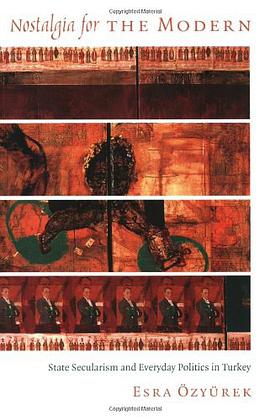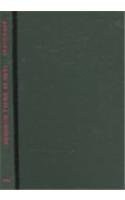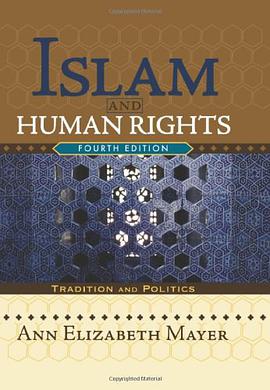

As the twentieth century drew to a close, the unity and authority of the secularist Turkish state was challenged by the rise of political Islam and Kurdish separatism on the one hand and by the increasing demands of the European Union, the International Monetary Fund, and the World Bank on the other. While the Turkish government had long limited Islam - the religion of the overwhelming majority of its citizens - to the private sphere, it burst into the public arena in the late 1990s, becoming part of party politics. As religion became political, symbols of Kemalism - the official ideology of the Turkish Republic founded by Mustafa Kemal Ataturk in 1923 - spread throughout the private sphere. In "Nostalgia for the Modern", Esra Ozyurek analyzes the ways that Turkish citizens began to express an attachment to - and nostalgia for - the secularist, modernist, and nationalist foundations of the Turkish Republic. Based on her ethnographic research in Istanbul and Ankara during the late 1990s, Ozyurek describes how ordinary Turkish citizens demonstrated their affiliation for Kemalism in the ways they organized their domestic space, decorated their walls, told their life stories, and interpreted political developments. She examines the recent interest in the private lives of the founding generation of the Republic, reflects on several privately organized museum exhibits about the early Republic, and considers the proliferation in homes and businesses of pictures of Ataturk, the most potent symbol of the secular Turkish state. She also explores the organization of the 1998 celebrations marking the Republic's seventy-fifth anniversary. Ozyurek's insights into how state ideologies spread through private and personal realms of life have implications for all societies confronting the simultaneous rise of neo-liberalism and politicized religion.
具体描述
读后感
评分
评分
评分
评分
用户评价
相关图书
本站所有内容均为互联网搜索引擎提供的公开搜索信息,本站不存储任何数据与内容,任何内容与数据均与本站无关,如有需要请联系相关搜索引擎包括但不限于百度,google,bing,sogou 等
© 2025 book.wenda123.org All Rights Reserved. 图书目录大全 版权所有




















